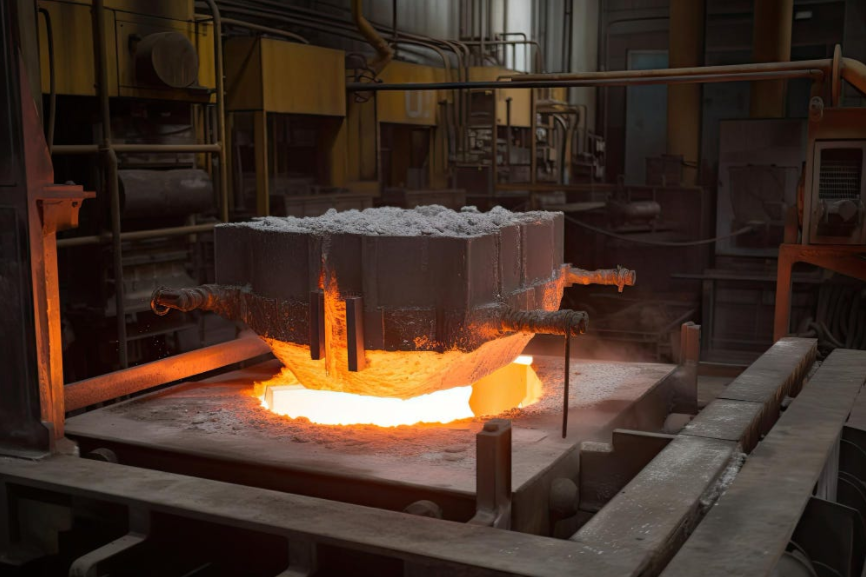
Bicycle Freehub 12/14/16 Inch Children Bike Low Rider Bikes Magnesium Aluminum Alloy Children Bicycle 3-8 Years Old In Stock

Bicycles for Children Kids Bikes for 3-16 years old Child /OEM Baby Children Cycle Kids Mountain Bicycles 2022

Electric Bicycle Magnesium Alloy 12 inch Integrated Wheel 36v10ah Electric Moped

2022 Wholesale Hot Sale Bicycle Parts Magnesium Alloy Children Bike No Pedal Balance Bicycle Kids Multiple Colors Available

Factory Custom China Bmx Cycles Road Sport Kids Bicycle 12 16 18 20 Inches Cycle Mtb For Kids 6-10 Year

จักรยานกีฬาสำหรับเด็กยอดนิยม จักรยานเด็กคุณภาพสูงสำหรับเด็ก

ขายส่ง Magnesium Alloy Baby Cycle สำหรับ 3 ถึง 5 ปี 12 Inch Kids Cycle OEM ราคาถูก

Magnesium Aluminum Alloy Children Bike 3-8 Years Old Cheap Hot Sale 14 Inch Children Bicycle FOREVER Wholesale 2022

 0086-750-5616188
0086-750-5616188 +86 13392089688
+86 13392089688 sales@zhongmei-tech.com
sales@zhongmei-tech.com








